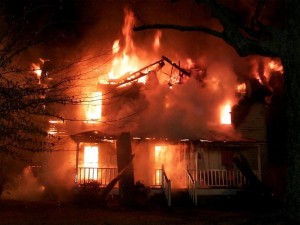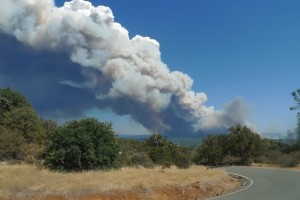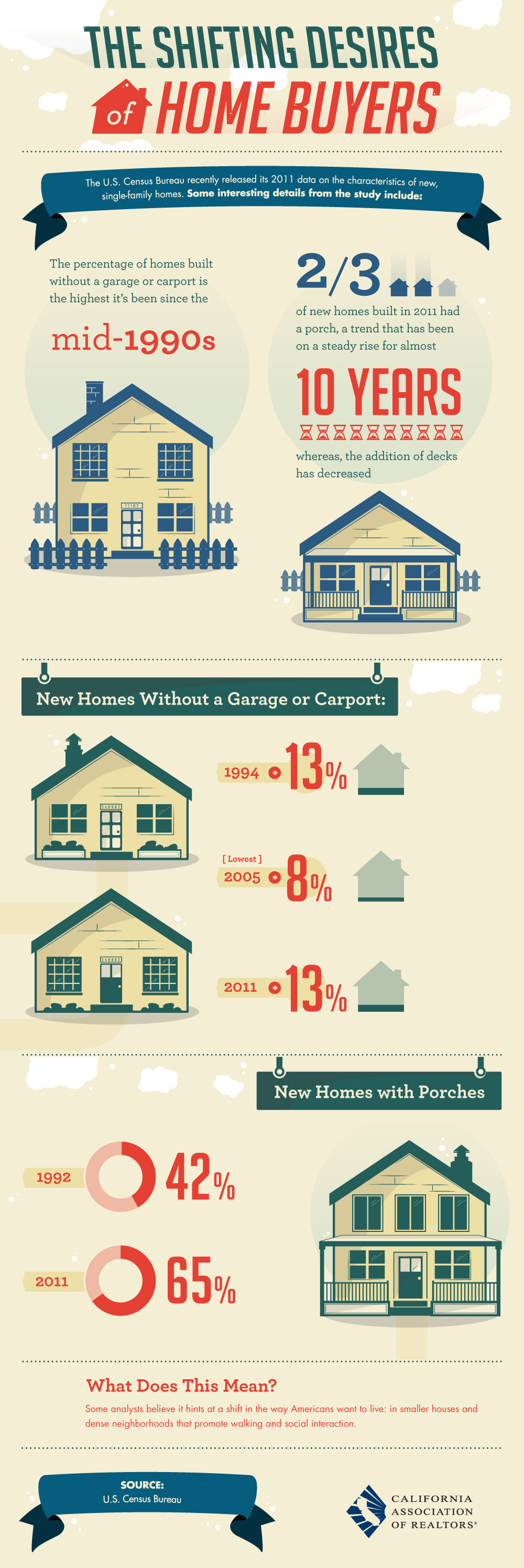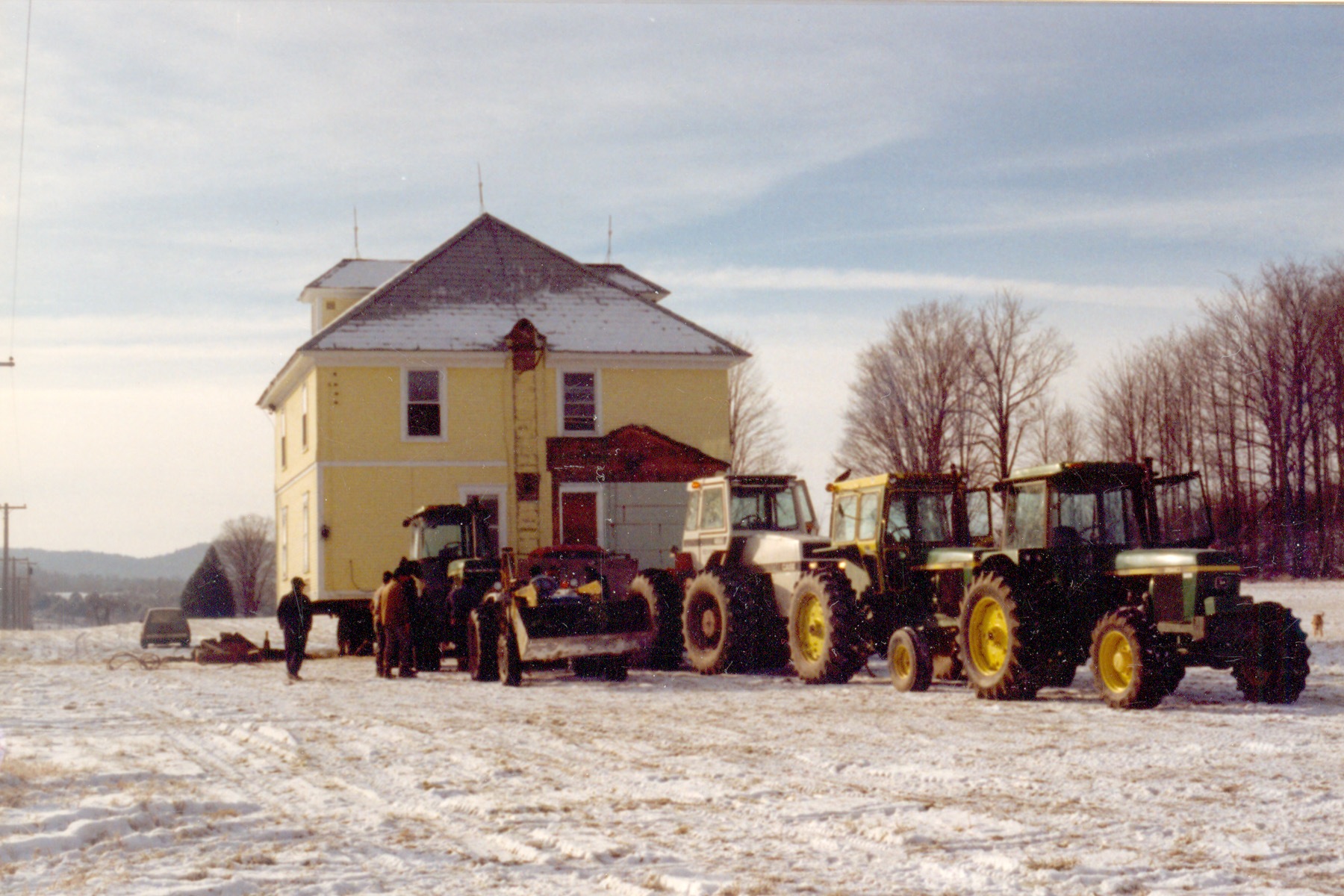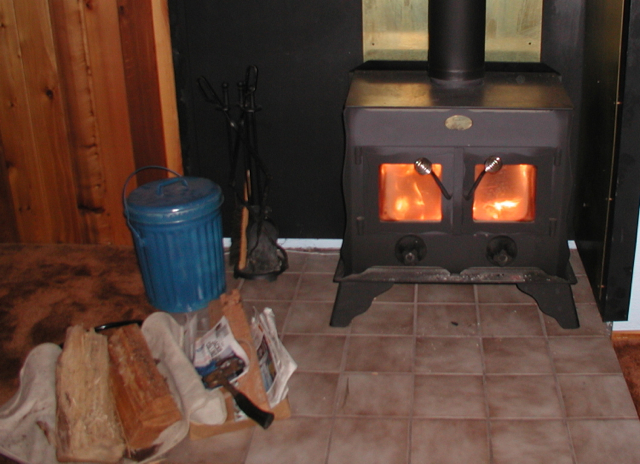 Per July 1 2011 all homeowners in California, must comply with the Carbon Monoxide Poisoning Prevention Act of 2010. This means that every home must have a Carbon Monoxide Alarm. The reason for this law is because carbon monoxide poisoning is the leading cause of accidental deaths in the United States. Carbon monoxide is an odorless gas produced whenever any fuel is burned
Per July 1 2011 all homeowners in California, must comply with the Carbon Monoxide Poisoning Prevention Act of 2010. This means that every home must have a Carbon Monoxide Alarm. The reason for this law is because carbon monoxide poisoning is the leading cause of accidental deaths in the United States. Carbon monoxide is an odorless gas produced whenever any fuel is burned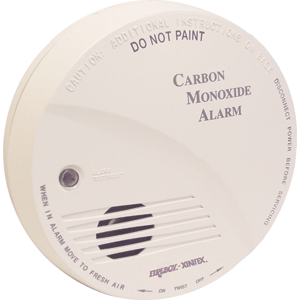 . It can enter the home from sources as seemingly innocent as a gas stove, furnace, or wood stove, usually due to leakage, back drafting, or poor venting.
. It can enter the home from sources as seemingly innocent as a gas stove, furnace, or wood stove, usually due to leakage, back drafting, or poor venting.
Do you have one installed in your home? Unless you are renting a home chances are that were not even aware of this legal obligation. It’s not unusual that home owners buy and install one when they are selling. Reason: it is part of the required seller disclosures and when a property is appraised (when a buyer needs a mortgage) this is one of the items an appraiser looks for.
But as a general rule, it is good to have one installed. According to California Safe Homes website, only 54% of the CA residents have a CO alarm. I am planning to do this the coming week;)
Mirjam

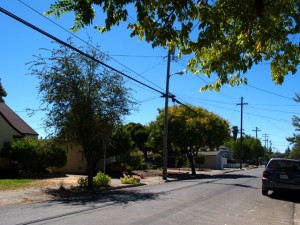 outages, some neighborhoods seem to be without power longer than others? And sometimes a neighborhood close to an urban area might be longer out of power than other areas. I noticed in our area, parts of Fulton and the Russian River area tend to be out of power longer than the direct surrounding area.
outages, some neighborhoods seem to be without power longer than others? And sometimes a neighborhood close to an urban area might be longer out of power than other areas. I noticed in our area, parts of Fulton and the Russian River area tend to be out of power longer than the direct surrounding area. when a trees falls on a power line or a pole holding the power line is hit by a car. Researchers at Carnegie Mellon University, Pittsburgh, Pa., have concluded that the average U.S. electrical utility customer experiences 214 minutes of power outage each year. The research also indicates that the U.S. ranks towards the bottom among developed nations in terms of reliability of electricity service.
when a trees falls on a power line or a pole holding the power line is hit by a car. Researchers at Carnegie Mellon University, Pittsburgh, Pa., have concluded that the average U.S. electrical utility customer experiences 214 minutes of power outage each year. The research also indicates that the U.S. ranks towards the bottom among developed nations in terms of reliability of electricity service.  With that said, to a certain extent one can predict whether a neighborhood will have shorter or longer power outages in case of a major power outage. The
With that said, to a certain extent one can predict whether a neighborhood will have shorter or longer power outages in case of a major power outage. The 